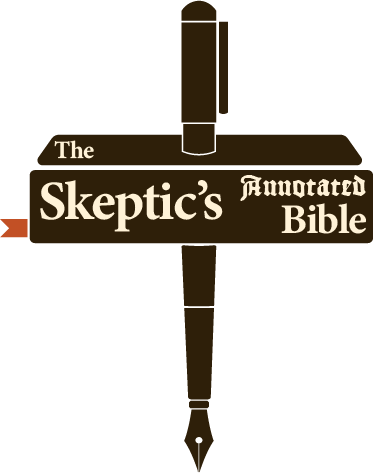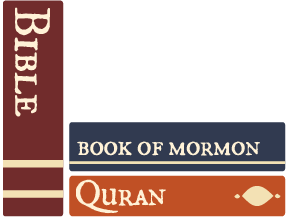Daniel for Skeptics
Although the book of Daniel was supposedly written during the Babylonian Exile by an official of King Nebuchadnezzar, modern scholars date its writing to the second century BCE. The reasons for this include:
- It is listed in the Writings of the Jewish canon, rather than the Prophets. This indicates that Daniel was written after the collection of prophetic books had been closed (sometime after 300 BCE).
- Parts of the book (2:4-7:28) were written in Aramaic, which suggests a later date when Aramaic had become the common language.
- The author of Daniel used Persian and Greek words that would not have been known to residents of Babylon in the 6th century BCE.
- The book contains numerous historical inaccuracies when dealing with 6th century BCE Babylonian history. Such mistakes would not have been made by an important official of King Nebuchadnezzar.
- Daniel is the only book in the Old Testament in which angels are given names (such as Gabriel in 8:16 and 9:21 and Michael in 10:13, 10:21, and 12:1 ). Elsewhere in the Bible, names for angels only appear in the in the Apocrypha and the New Testament.
- The absence of Daniel's name in the list of Israel's great men in Ecclesiasticus.
- Nebuchadrezzar is spelled Nebuchadnezzar in Daniel, which is the way the king's name was spelled, under Greek influence, at a later time.
- In 2:2 the king's wise men are called "Chaldeans." But at the time of Nebuchadrezzar, "Chaldean" would have referred to a nationality. It was only centuries later that this word came to mean sorcerer or astrologer.
Modern historians and bible scholars generally agree on the proper interpretation of the dreams in the book of Daniel. Fundamentalists, however, adamantly disagree both with the scholars and with each other. Since I am neither fundamentalist nor scholar, I will make no attempt to interpret Daniel's bizarre dreams.
Here are some highlights:
- Nebuchadnezzar decrees that anyone who says anything against the Hebrew god "shall be cut in pieces, and their houses shall become a dunghill." 3:29
- Daniel's dream tree is tall enough to see to the end of the earth. Only on a flat earth would this be possible. 4:10-11
- Nebuchadnezzar eats grass, grows hair like eagle feathers, and has nails like bird claws. 4:32-33
- A detached hand writes upon a wall. 5:5-6
- Nebuchadnezzar orders those who accused Daniel (including their wives and children) to be cast into the lions den. 6:24 webbot bot="Include" i-checksum="55415" endspan -->


















